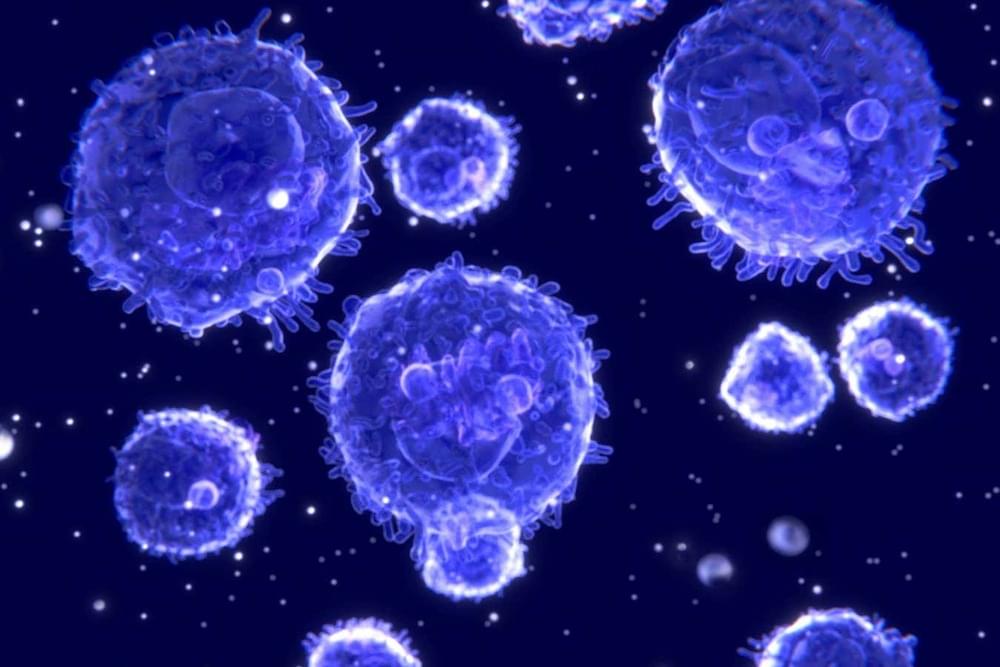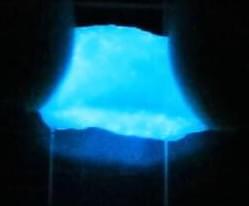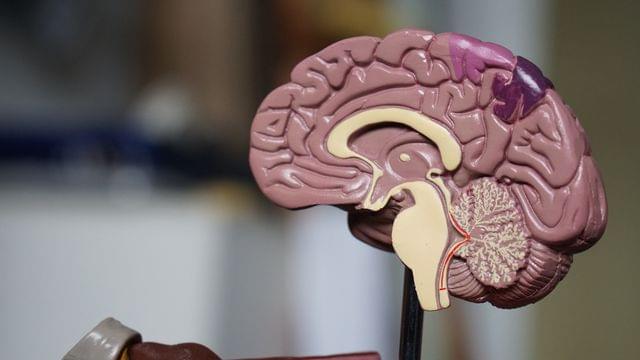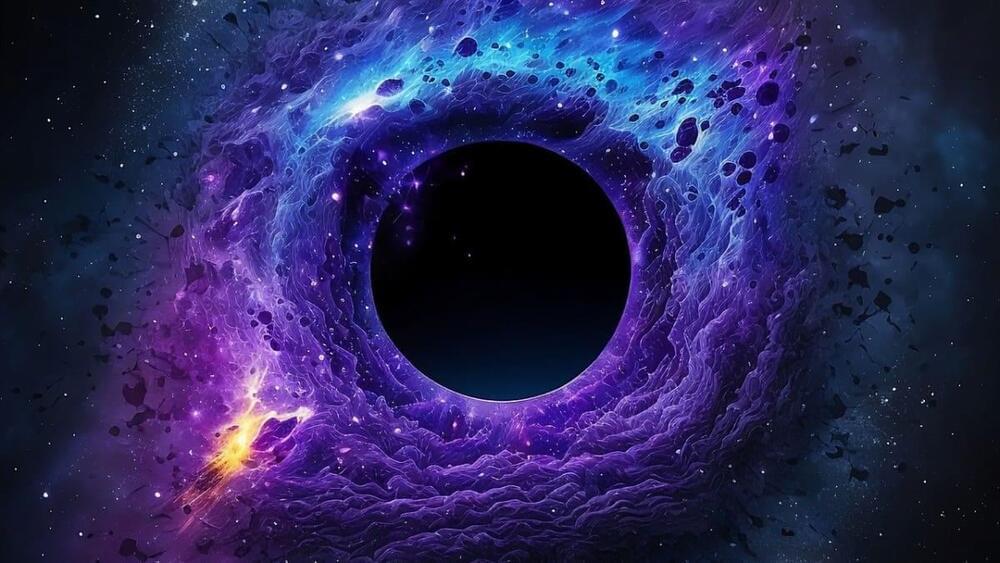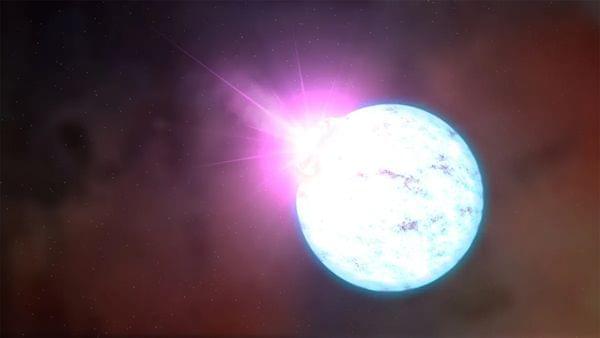Next generation sequencing is now essential for patients with metastatic biliary cancer given the identification of targetable pathways, including fibroblast growth factor receptor and isocitrate dehydrogenase 1, for which there are approved treatments. HER2 has emerged as a target in metastatic biliary cancer, with studies finding 5% to 15% of cancers positive for overexpression or gene amplification.
Investigators now report results of an industry-sponsored, phase 2 basket study (SGNTUC-019) testing the combination of tucatinib — a HER2 tyrosine kinase inhibitor — and trastuzumab in patients with HER2-positive advanced biliary cancer that progressed on first-line gemcitabine/cisplatin–based chemotherapy. Local testing for HER2 was permissible via immunohistochemistry, fluorescence in situ hybridization, or next generation sequencing of tissue or blood.
Of 30 patients, half were men, 77% were Asian, half had gallbladder primaries, and half had intrahepatic or extrahepatic cholangiocarcinomas. During a median follow-up of 10.8 months, the primary endpoint of antitumor response rate was 46.7%, and duration of response was 6 months. The median progression-free survival was 5.5 months; median overall survival was 15.5 months. Treatment-related grade 3 or 4 serious adverse events were uncommon and attributable to tucatinib in 10% of patients and to trastuzumab in 6.7%; grade 3 diarrhea occurred in 6.6%.
